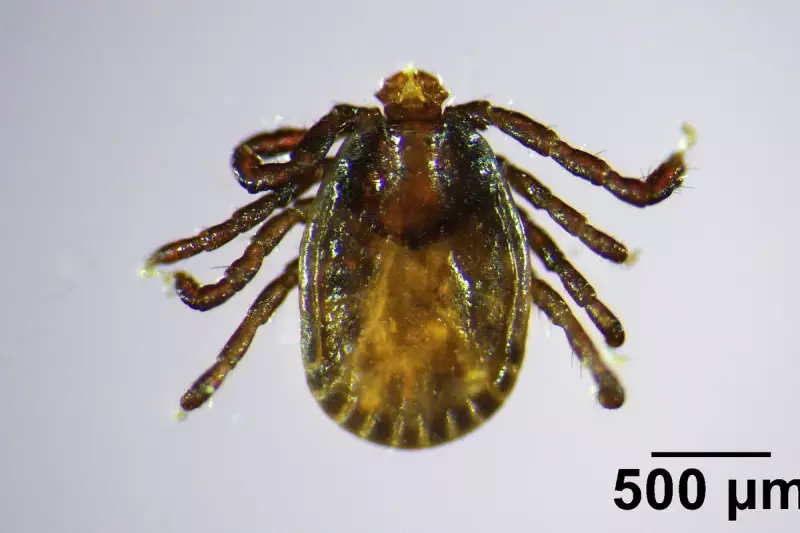
Health authorities in Maine have issued a public health alert following the confirmed discovery of a new, invasive tick species within the state for the very first time. The identified arachnid is the Asian longhorned tick (Haemaphysalis longicornis), a creature known for its aggressive behaviour and potential to transmit severe illnesses.
The discovery was made in the vicinity of Portland, raising immediate concerns among epidemiologists and wildlife experts. Unlike common native ticks, this particular species is notorious for its astonishing reproductive capabilities. A single female can reproduce asexually, laying up to 2,000 eggs without a mate, leading to explosive population growth in a very short time.
What Makes This Tick a Serious Threat?
The primary concern lies in the tick's potential to act as a vector for numerous dangerous pathogens. In its native regions of Asia and the Pacific, it is known to transmit viruses and bacteria that cause:
- Severe Fever with Thrombocytopenia Syndrome (SFTS): A potentially fatal viral disease.
- Anaemia in livestock: Heavy infestations can drain blood from animals, leading to significant agricultural losses.
- Other tick-borne illnesses: Its capacity to carry germs similar to those causing Lyme disease and Powassan virus is still under investigation.
Public Advice and Precautionary Measures
State officials are urging residents and visitors to be hyper-vigilant. Recommended precautions include:
- Using EPA-registered insect repellents on skin and clothing.
- Wearing long sleeves and tucking trousers into socks when in grassy or wooded areas.
- Performing thorough tick checks on yourself, your children, and pets after spending time outdoors.
- Showering soon after returning indoors to wash off unattached ticks.
If you find a tick, experts advise careful removal with fine-tipped tweezers and to save the specimen in a sealed bag or alcohol for identification. Contacting a healthcare provider or state health services is strongly recommended.
While no cases of disease transmission from this specific tick have been reported in Maine yet, its establishment poses a significant future public health risk. Authorities are actively monitoring the situation and conducting further environmental assessments to determine the scale of the infestation.





